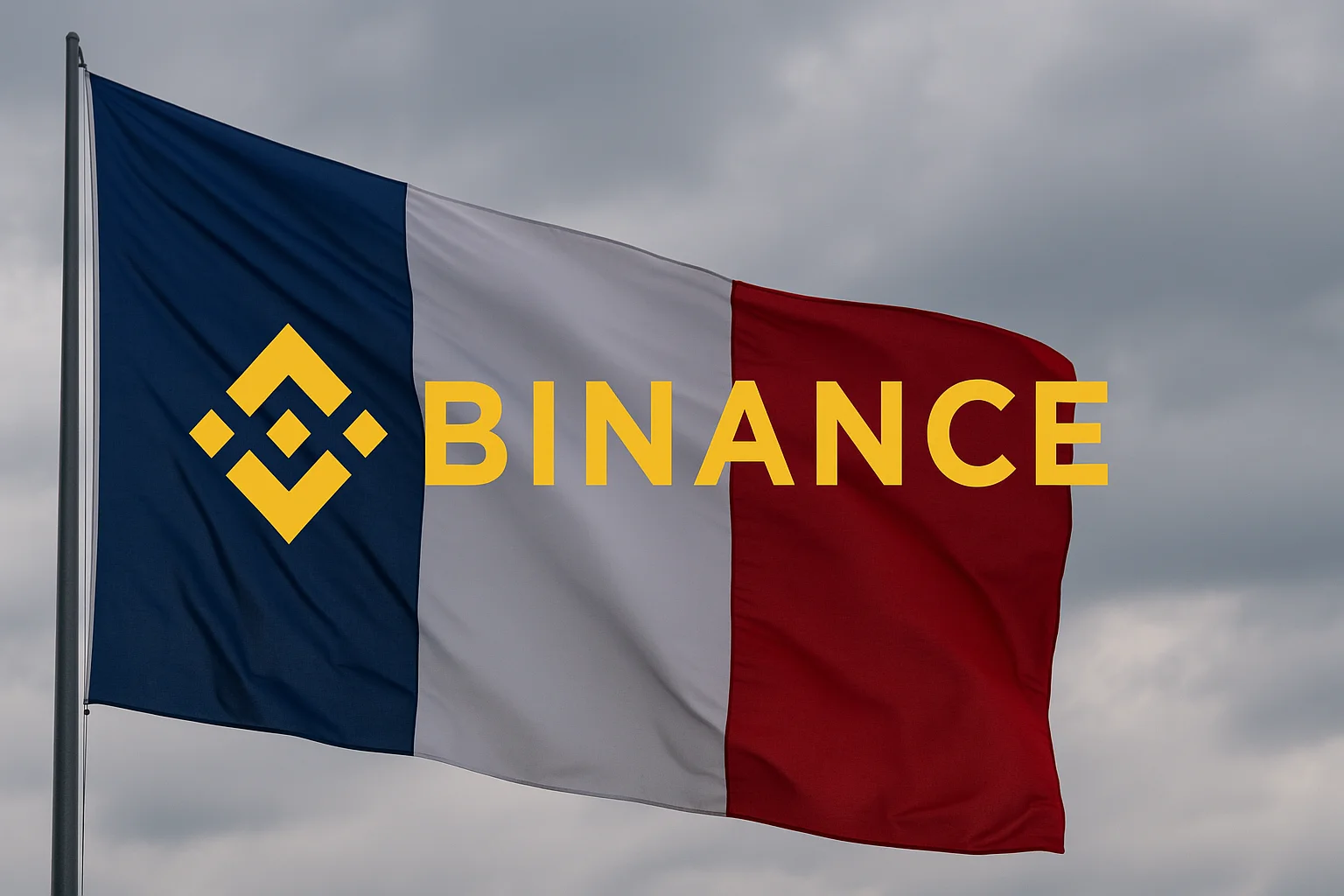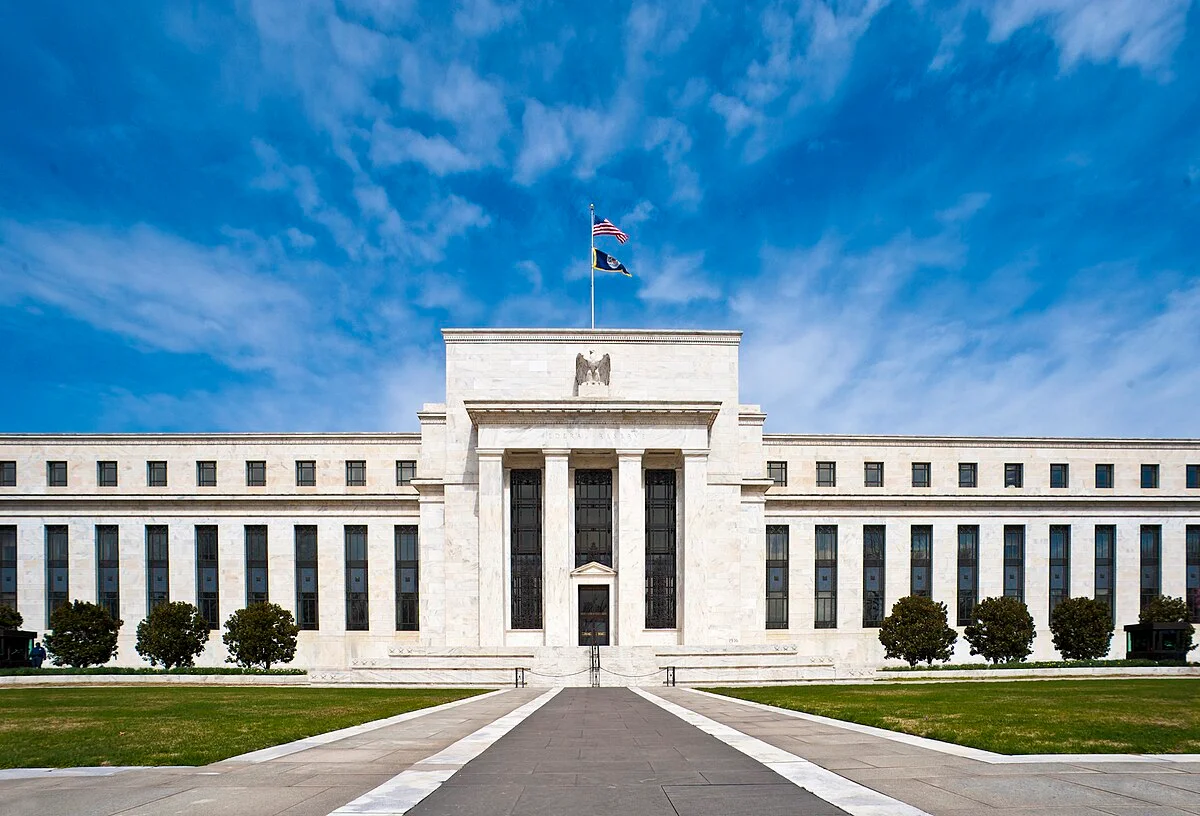France's financial supervisory authority, the ACPR (Autorité de Contrôle Prudentiel et de Résolution), has tightened its anti-money laundering (AML) controls on cryptocurrency service providers operating in the country. The focus of these inspections is Binance, one of the world's largest exchanges. This process could directly impact Binance's European MiCA license application.
ACPR Targets Over 100 Companies
According to Bloomberg, the ACPR is currently conducting a detailed inspection of more than 100 crypto service providers registered in France. This scope includes not only major exchanges but also smaller digital asset platforms, custodians, and crypto payment infrastructures. The inspections were launched in the last quarter of last year and are still ongoing. The authority is focusing particularly on the adequacy of anti-money laundering and terrorist financing controls, the transparency of internal audit processes, and the reliability of information technology systems. ACPR officials state that all companies operating in France must achieve full MiCA compliance by the end of June 2026. Companies that fail to comply by this time will risk losing their licenses, which are valid throughout Europe.
A critical period for Binance
The most striking aspect of the audits is the return of Binance to the spotlight. French authorities identified deficiencies in Binance's compliance processes during the initial audit conducted in 2024. The company was instructed to strengthen its AML procedures, expand its internal control staff, and update its technical infrastructure.
The newly launched audits are reportedly testing whether these obligations are being met. If Binance fails to complete the necessary improvements in a timely manner, its license in France could be suspended or its MiCA application could be delayed.
No official statement has been released from the company yet. However, it is known that Binance is undertaking a restructuring process in line with the MiCA framework across Europe. As part of this, some of its EU operations have reportedly been restructured and new offices have been established. The European Union's comprehensive regulation of crypto-asset markets, MiCA (Markets in Crypto-Assets), entered into force at the end of 2024. With MiCA, crypto companies can now operate in all member states with a license from a single EU country. However, this requires them to undergo rigorous oversight.
Key requirements of MiCA include capital adequacy, risk management, protection of client funds, and transparent reporting. French institutions such as the ACPR and AMF have assumed national oversight roles under this new regulation.
Meanwhile, France stands out not only for its oversight but also for its innovations in digital asset regulation. In recent weeks, the country approved Lightning Stock Exchange (Lise) as the first fully licensed "tokenized stock exchange" under the DLT Pilot Regime.
Lise combines trading and clearing operations on a single blockchain. The platform is expected to hold its initial public offering in early 2026.




